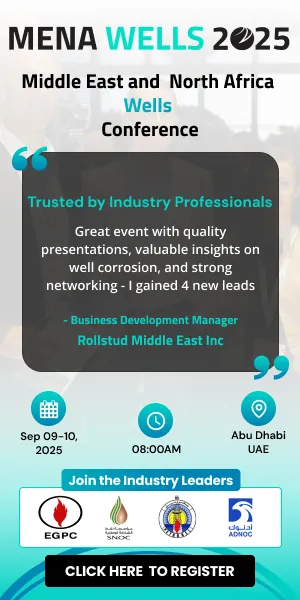AES Arabia Ltd is a total water and wastewater management and solutions provider, which offers custom design, manufacturing, turnkey execution, project management and O&M services to its clients in the Middle East and North Africa. Asad Iqbal Khan, AES Arabia manager of business development, spoke to Technical Review about how the industry will develop
What are the latest trends you see in the regional desalination market?
The Middle East region has opted for desalination as a water resource option and as a result it is the world?s largest desalinated water producing region. Reverse osmosis has a dominating presence in the brackish water desalination and forwarding towards seawater desalination too. The growing trend of reverse osmosis desalination will continue to be strengthened by the increase in water demand through the energy sector as well as the municipal sector.
Different technologies are coming up, with the different styles of each depending on the type of application. In the case of power industries we see the recent trend of dissolved air flotation (DAF) and pressurized inside-out ultra filtration (UF) followed by seawater reverse osmosis (SWRO) to feed to the process and the same is applicable to the oil and gas sector, including petrochemicals. In future years the GCC countries will come to rely on SWRO as the only local supply over which they maintain control.
However different technologies are now emerging in the market, either going through the pilot phase process or appearing as small commercial unit sizes, which claim to provide reduced specific energy consumption and water cost. Recent studies have demonstrated the techno-economic feasibility of emerging technologies, but it is still to be proven for large scale production.
I believe that Zero Liquid Discharge (ZLD), a water filtration process that manages to either purify or recycle almost all the wastewater produced, is going to emerge as more affordable and more widely used in industrial applications and especially where the regulation is stringent for the disposal of brine.
Does AES Arabia have plans to adopt solar desalination technology in the near future and what imminent challenges does this type of technology pose?
In addition to the previous technologies that have been introduced, renewable energy is an alternative energy source for driving desalination technologies, with the added factor that it produces zero carbon dioxide emission. The MENA region has taken action and made its interest and plans to adopt renewable energy clear and the regulation authorities have been commissioned. Renewable energy is a future driver of desalination technologies and solar energy appears to be the most mature and popular option for these applications. There may be seawater units that are directly powered by concentrated solar power (CSP) and will indirectly employ renewable energy as it is already prevalent in the Oceania region.
Renewable energy can play an important role in desalination. This can be partially met with the use of hybrid technology, such as solar/wind energy resource units, which will also reduce the high cost of energy storage systems.
As a technology provider, AES Arabia is always looking for such challenges and we have been talking to several stake holders in order to get ourselves involved in the process, starting from the pilot phase to the actual execution on the commercial size.
With the desalination market being hit by the recent financial crisis, how has business been for AES Arabia?
I agree that the desalination market was impacted recently by the financial crisis. However our data and the previous forecast actually show that very few of our projects have been cancelled. Although most of the projects were temporarily on hold, they are now back up and running and gaining pace. We have not experienced a slump, rather a slower growth as a result of the financial hit at the time.






